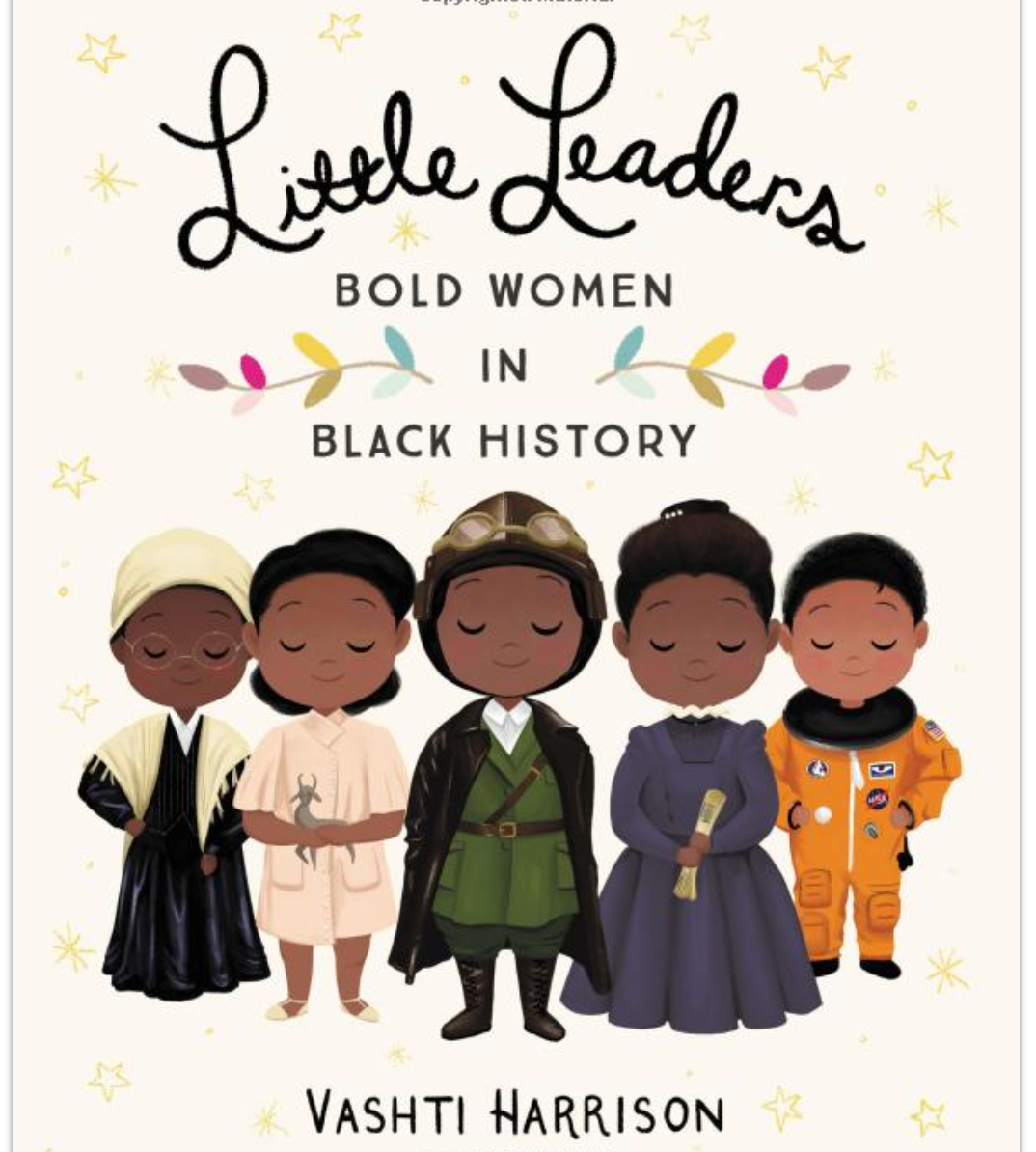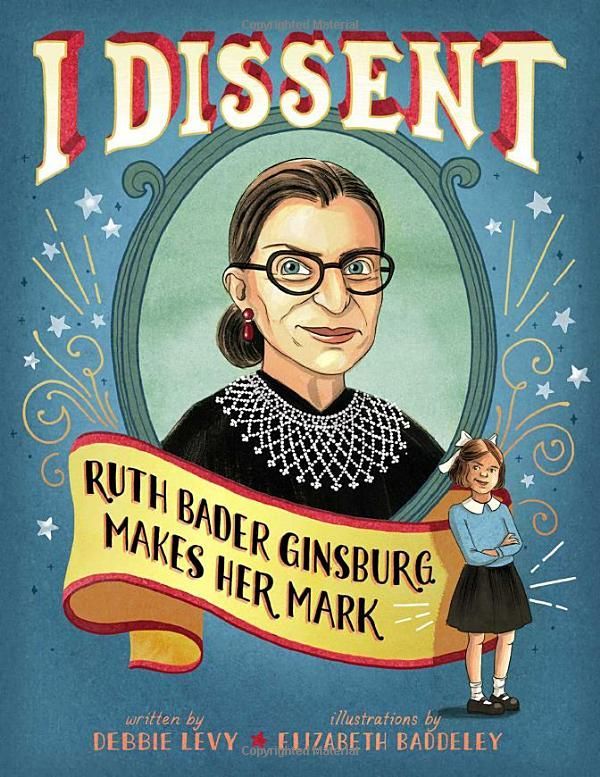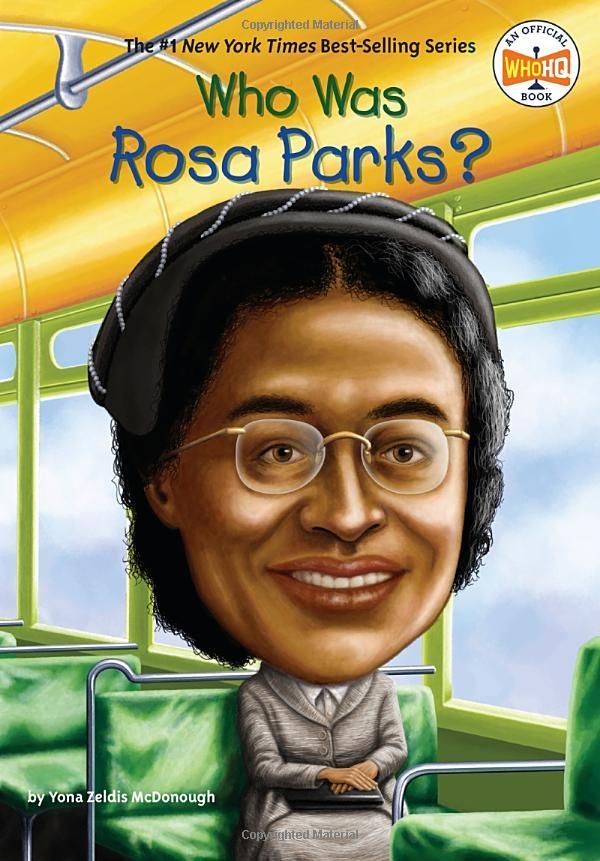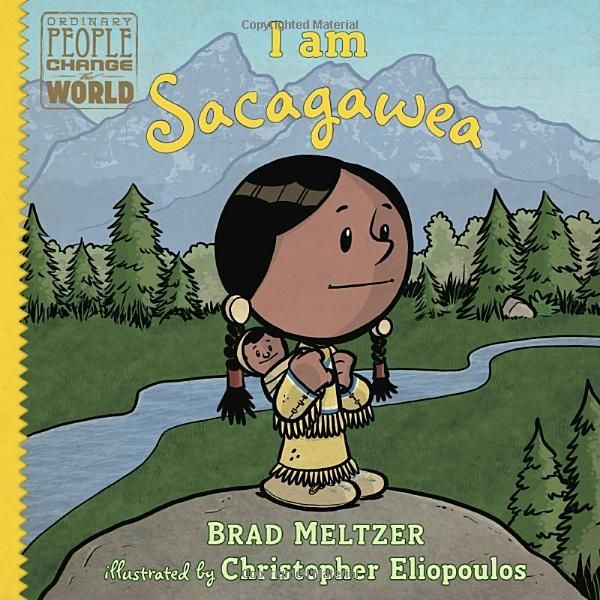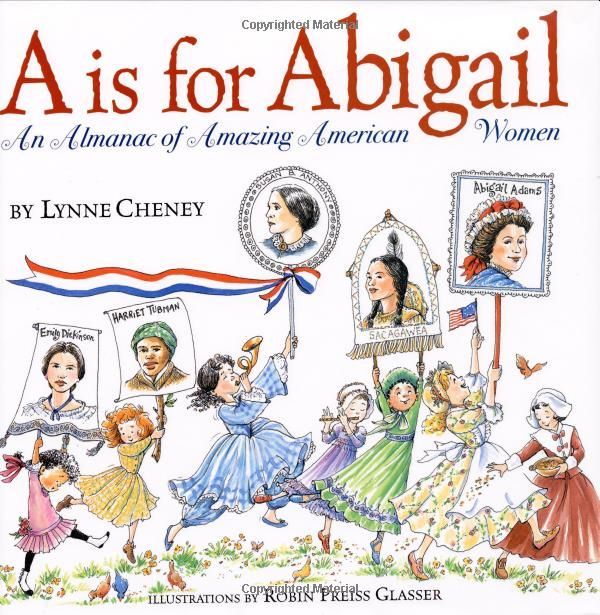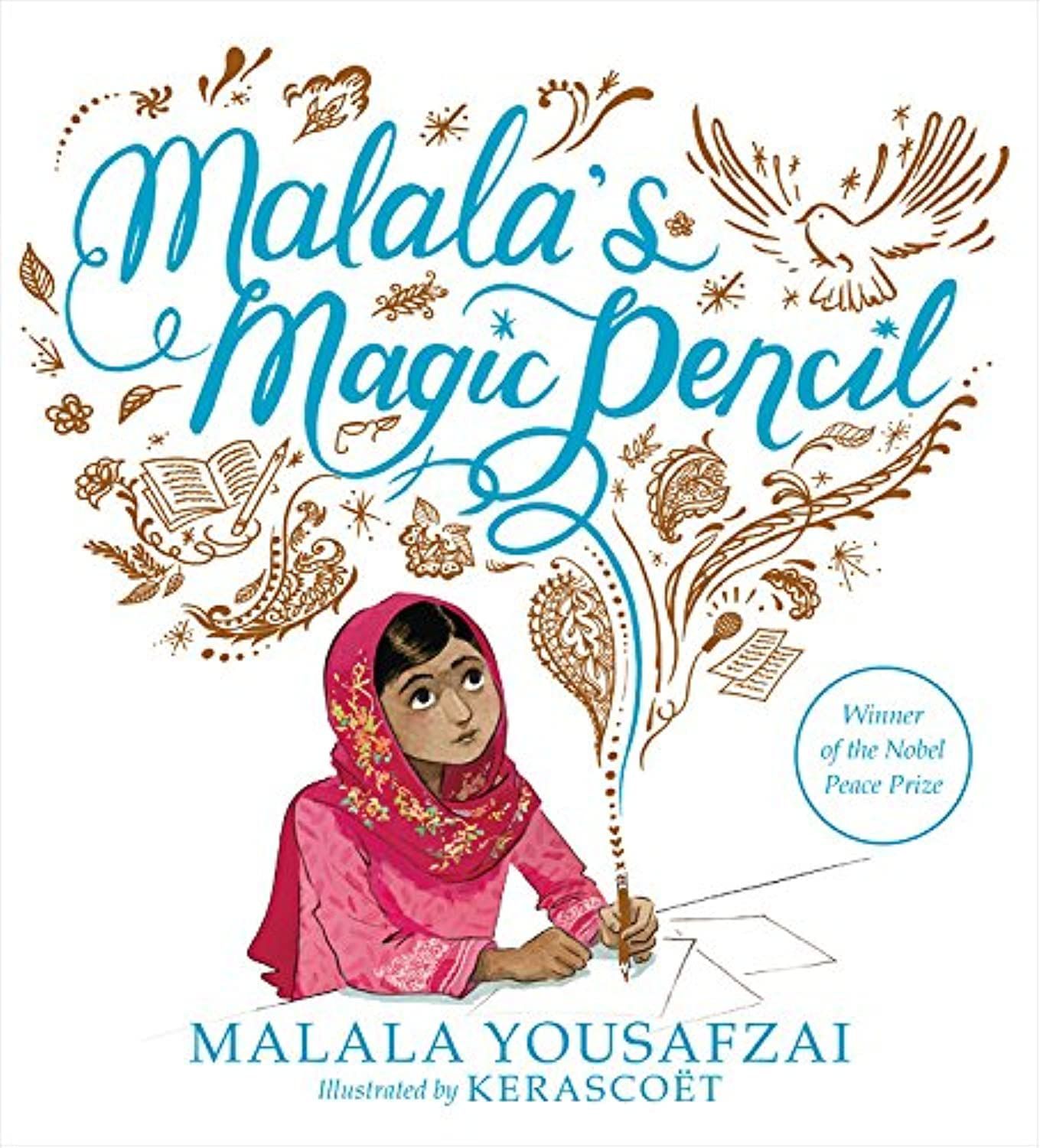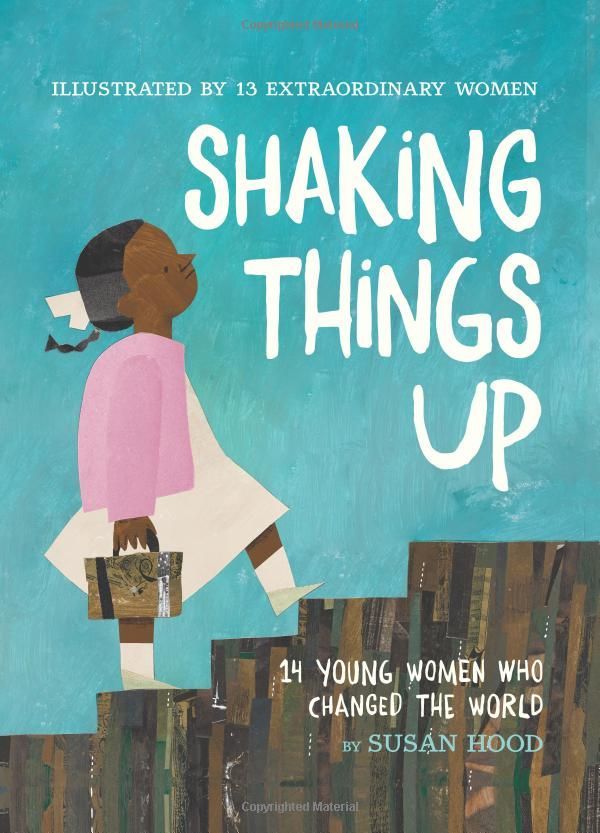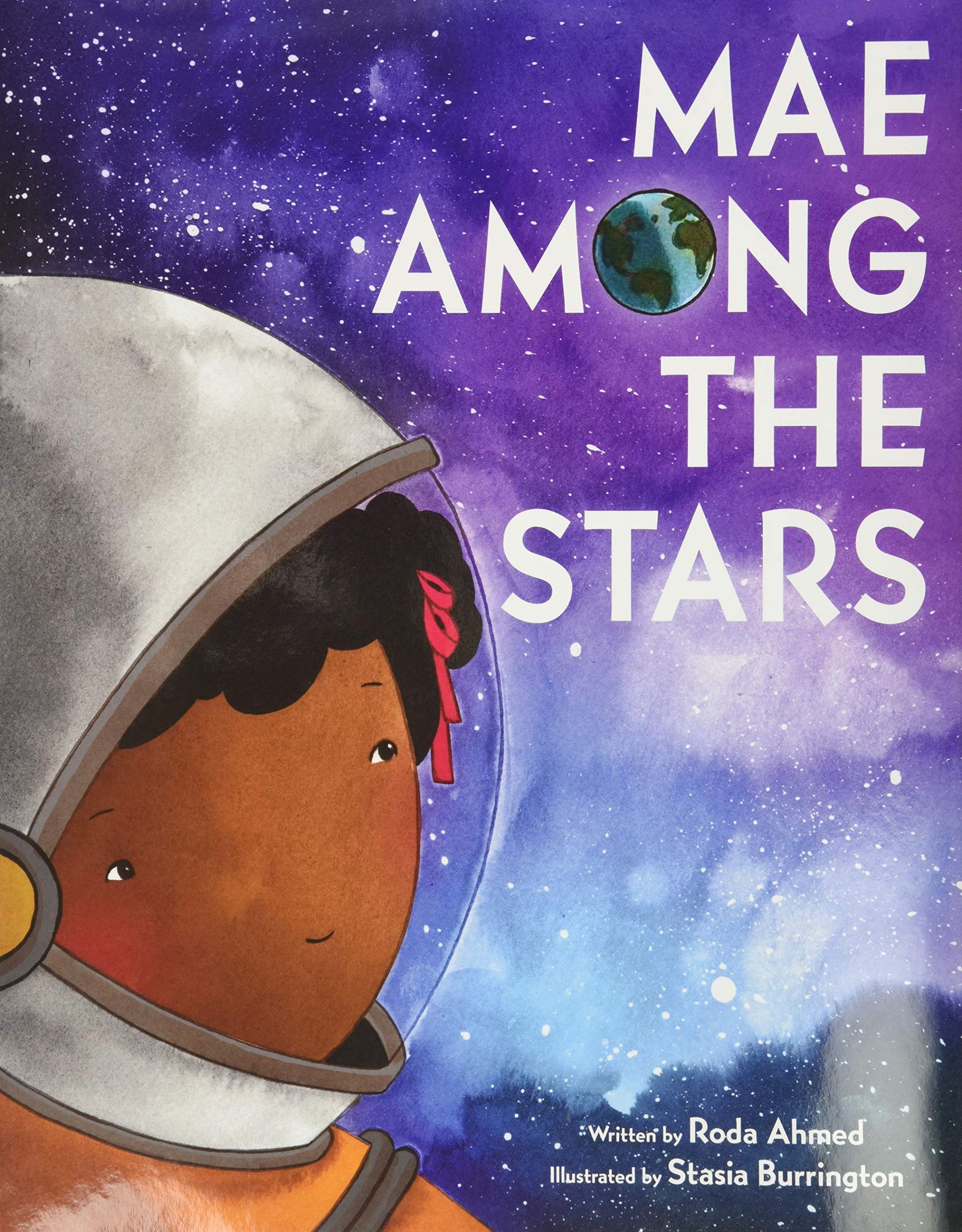Our Montessori Bookshelf: Women's History Month
March is Women’s History Month, and it seems as fitting a time as any for us to share this book list. These ten titles highlight some of the amazing contributions women have made throughout the course of history, often working to overcome great obstacles. Whether you read them to your daughters or your sons, we hope you will find a story that resonates, sparks their imaginations, and gives them a little glimpse of what their own lives might become.
Striking a balance between widely recognized and lesser known influential black women, Harrison has crafted a beautiful book for children. The pictures will appeal to all children, but the text is best suited to those aged eight and up. Forty women are featured, including Zora Neal Hurston, Gwendolyn Brooks, Ella Fitzgerald, Ruby Bridges, Oprah Winfrey, and many more.
Boys were expected to grow up, go out into the world, and do big things. Girls? Girls were expected to find husbands. Ruth’s mother disagreed. With the support of her family and her own tenacious spirit, little Ruth grew up to become the strong woman we know today as Justice Ginsburg.
The ‘Who Was’ series is well-loved by elementary-aged children across the country. In this book, Zeldis McDonough details the life of civil rights activist Rosa Parks, famous for her refusal to change her seat on an Alabama city bus. Her actions sparked a boycott that lasted for more than a year and were a major contribution to the work of ending segregations.
Counting on Katherine: How Katherine Johnson Saved Apollo 13
by Helaine Becker, illustrated by Tiemdow Phumiruck
Children love to be able to relate to people in books. Counting on Katherine begins by giving readers a glimpse into the mathematician’s childhood, as a kid who loved to count, was fascinated by the universe, and did well in school. This book tells how she went on to combine her passions while working for NASA, eventually saving lives and making history.
Meltzer’s ‘I Am’ series appeals to children who love graphic novels and biographies. Recommended for children ages 5 and up, this book has a way of telling the story of Sacagawea without ignoring some of the unpleasant facts but is done in a way that is appropriate for young children.
A is for Abigail: An Almanac of Amazing American Women
by Lynne Cheney, illustrated by Robin Preiss Glasser
A is for Abigail is a beautifully illustrated book full of influential American women from a wide variety of backgrounds. Scientists, athletes, artists, politicians are among the many women celebrated in this sweet picture book.
The only autobiography on the list, Malala’s Magic Pencil was penned by the Nobel Peace Prize Winner herself. Malala takes readers on a journey through her experiences, first imagining how she might make her life better, then coming to a realization that real action was needed. While she once wished for a magical pencil, she grew to discover the power in her own writing. She voiced her support for women’s rights, education, and peace in her home country of Pakistan as it was being controlled by the Taliban.
Each page of this book features a poem about an influential woman, and each mini biography features a different illustrator. The world-changing women include: Nellie Bly, Frida Kahlo, Maya Lin, and Angela Zhang.
Honoring the first African American woman to travel in space, Ahmed and Burrington have created a beautiful picture book about the life of Mae Jemison. Young Mae shares her dreams with her encouraging parents, later to have them dismissed by her white teacher and classmates. Mae’s own determination, combined with the unwavering support of her family, led her to achieve her dreams and chance history.
When Marian Sang: The True Recital of Marian Anderson
by Pam Munoz Ryan, illustrated by Brian Selznick
Marian Anderson had the kind of voice that one is lucky to hear once in a lifetime. Her talent was recognized early on, though she struggled to find a teacher and to sing in certain venues because of her race. She defied the odds, brought people together, and eventually went on to achieve her own personal singing dreams.
We hope you and your children will find these books inspiring.
Let us know if you have others to recommend!

